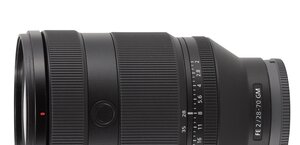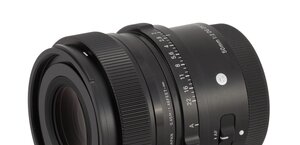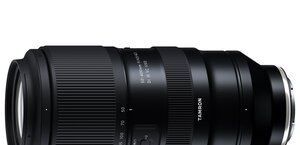Sigma C 23 mm f/1.4 DC DN
7. Coma, astigmatism and bokeh
In this category the Sigma finds itself once again in the middle of the group but the order is reverted: the Fujinon corrects coma the best, the Viltrox is the weakest.
| X-T2, f/1.4, center | X-T2, f/1.4, Corner |
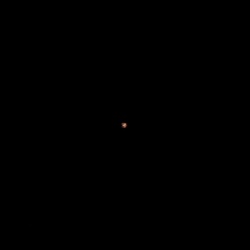
|
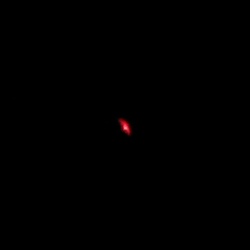
|
| X-T2, f/2.0, center | X-T2, f/2.0, Corner |
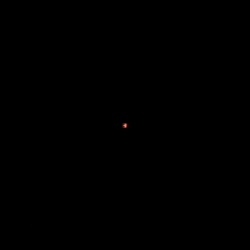
|
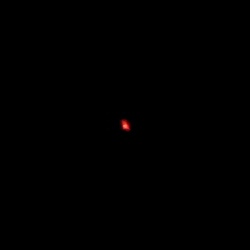
|
Please Support UsIf you enjoy our reviews and articles, and you want us to continue our work please, support our website by donating through PayPal. The funds are going to be used for paying our editorial team, renting servers, and equipping our testing studio; only that way we will be able to continue providing you interesting content for free. |
- - - - - - - - - - - - - - - - - - - - - - - - - - - - - - - - - - - - - - - - - - - - - - - -
Astigmatism, understood as an average difference between horizontal and vertical MTF50 function values, amounted to 4.4%, a value on the borderline between very low and low levels, far better than the results of the rivals. What's more, this aberration is noticeable only by f/1.4 because up from f/2.0 it becomes completely negligible.
When it comes to light spread, defocused circles of light look good, without any heterogeneity or local extreme points. Using two aspherical elements causes a delicate onion ring bokeh structure. Mechanical vignetting also makes itself felt a bit, as it remains visible without any problems by f/1.4 and f/2.0. Overall, for a wide angle lens, out-of-focus images produced by the Sigma look good and in this category we don't have any serious reservations.
| X-T2, f/1.4, center | X-T2, f/1.4, Corner |
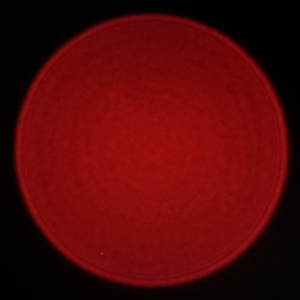
|
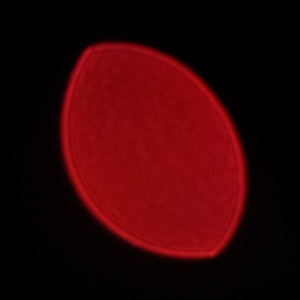
|
| X-T2, f/2.0, center | X-T2, f/2.0, Corner |
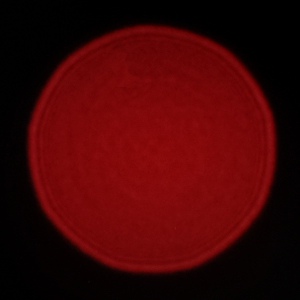
|
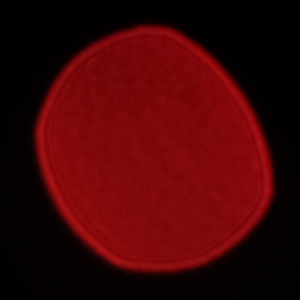
|
| X-T2, f/2.8, center | X-T2, f/2.8, Corner |
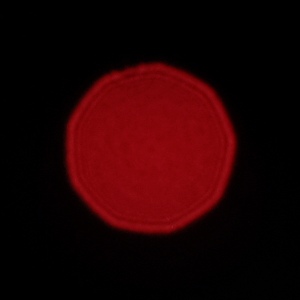
|
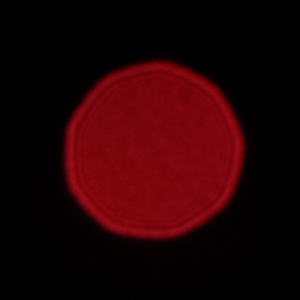
|




